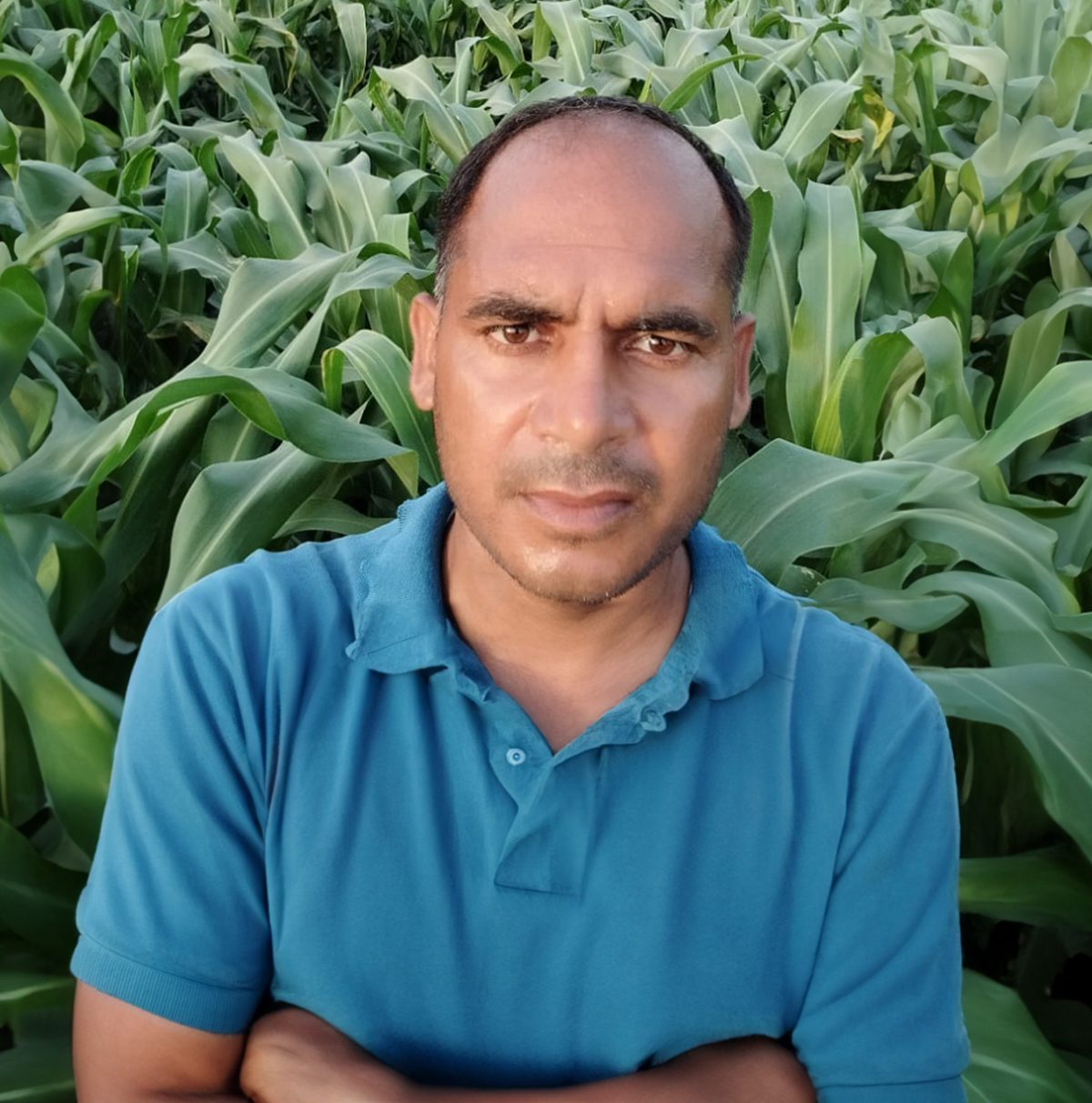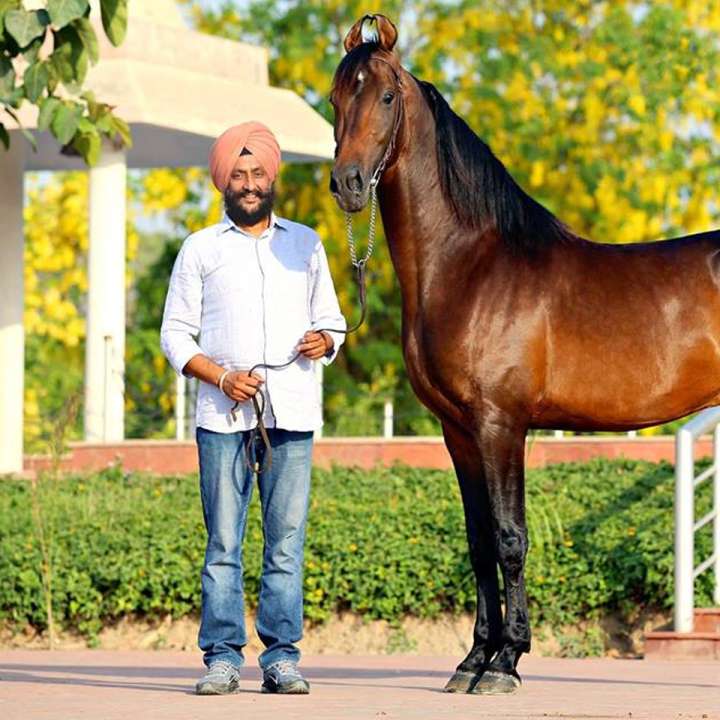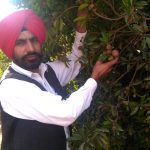Brijesh Kumar: Cultivating Innovation in the Heartland of Agriculture
In the fertile lands of Dangarh, Bulandshahar, Uttar Pradesh, where agriculture is a way of life, the story of Mr. Brijesh Kumar unfolds—a tale of unwavering dedication, passion, and innovation that has transformed him into a beacon of success in the world of farming. It is said that when you follow your passion with true dedication, the power of the mind leads you down a path of innovation and accomplishment, and Brijesh Kumar’s journey is a testament to this belief.
With about 8 acres of his own land and additional leased land at his disposal, Mr. Brijesh Kumar has been cultivating crops round the year since 2010. His journey into farming started early in life, as he completed his Senior Secondary school and dived headfirst into the field of agriculture. Over the years, he has honed his skills and expertise in farming through an integrated farming system approach.
Brijesh Kumar’s specialty lies in a diverse array of crops, including horticulture crops like potatoes, cauliflower, and brinjal. He also ventures into animal husbandry, raising 4 Sahiwal cows and 4 buffaloes. His focus on potato seed production, particularly varieties like Jignasa 1, Jignasa 3 Neelkanth, Raisoni, spans approximately 20 acres, while rice varieties 1692 and 1502 find a home on about 5 acres of his land. Brijesh Kumar actively engages in direct sales of these seeds, contributing to his substantial income. Additionally, he cultivates seasonal mushrooms, further diversifying his agricultural portfolio.
What sets Brijesh Kumar apart is his ability to maximize profits through multiple avenues within agriculture. His success story encompasses a wide spectrum, ranging from field crops like paddy, maize, and wheat to horticultural delights like potatoes, cauliflower, and brinjal. His livestock, including cows and buffaloes, also contribute to his thriving enterprise. Moreover, poultry farming adds to his diverse income streams.
In his pursuit of knowledge and innovation, Brijesh Kumar has harnessed the power of social media. He actively uses platforms such as YouTube and Facebook to connect with fellow farmers and stay updated on the latest advancements in farming techniques. His thirst for learning led him to seek guidance from farmers in his locality, participate in Kissan melas, and undergo training at the nearest Krishi Vigyan Kendra for poultry farming and mushroom production. YouTube, in particular, plays a pivotal role in helping him stay at the forefront of modern farming practices.
Like any farmer, Brijesh Kumar faces his share of challenges, from unpredictable weather conditions to seed availability and the issue of spoilt seeds due to pesticides. However, his commitment to sustainability is evident through his dedication to organic farming on approximately 2 acres dedicated to potatoes and rice production.
To stay at the cutting edge of farming technology, Brijesh Kumar has secured government funding for upscaling technologies and implementing high-tech production methods. A significant portion of his produce, around 25%, is sold through direct channels, further boosting his income and fostering strong community connections.
In his pursuit of excellence, Brijesh Kumar encourages farm visits from various agricultural scientists, fostering knowledge exchange and community growth. His dedication and innovative farming methods even caught the attention of DD National, where he was featured for his groundbreaking approaches to agriculture.
Brijesh Kumar’s journey has been punctuated by accolades and recognition, underscoring his contributions to the agricultural landscape. In 2022, he was honored with the prestigious IARI Fellow and Innovative Farmer Award. Various institutions and organizations have also appreciated and awarded him for his dedication and innovative approaches. Government funding further validates his efforts and commitment to sustainable farming practices.
As Brijesh Kumar continues to innovate and expand his farming horizons, his story serves as an inspiration to all those who believe that passion, dedication, and innovation can lead to remarkable success, even in the heartland of agriculture. His journey reinforces the idea that farming is not just a livelihood but a canvas for innovation and a path to economic prosperity. In the ever-evolving world of agriculture, Brijesh Kumar is a true pioneer, paving the way for a brighter and more sustainable future for farming in India.









